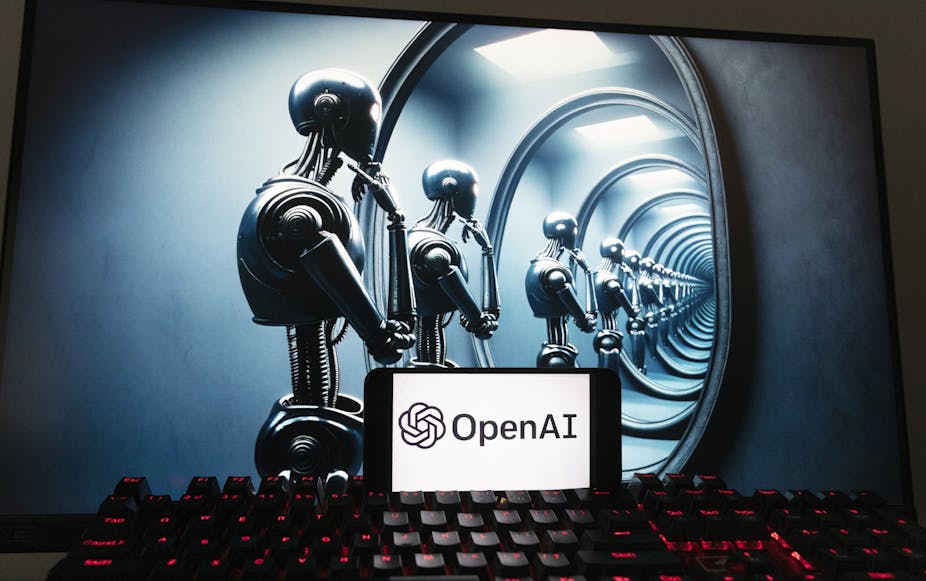
The fashion realm is undergoing a seismic shift, as artificial intelligence (AI) and cutting-edge technologies redefine the landscape of fashion weeks globally. Once exclusive events, these showcases are now embracing technology to enhance creativity, democratize access, and amplify global visibility. As cities like Shanghai and Copenhagen rise to prominence, they are leveraging these innovations to ensure their fashion weeks remain vibrant and relevant.

The Digital Revolution: AI's Role in Fashion
Artificial intelligence is no longer a futuristic concept; it's a potent tool actively reshaping the fashion industry today. AI is being leveraged to optimize various facets of fashion weeks, from design to production and even marketing. For designers, AI offers an unprecedented level of creative freedom. By analyzing vast datasets, AI can predict trends, suggest new designs, and even create fabric patterns, as noted by Jing Daily.
"AI has become an invaluable partner in the design process," says fashion tech expert Dr. Elena Rossini. "It allows designers to experiment with forms and textures, pushing the boundaries of what is creatively possible."
Elevating the Runway Experience
The incorporation of AI into fashion weeks goes beyond just design. Virtual reality (VR) and augmented reality (AR) are transforming the traditional runway show into an immersive experience. These technologies allow brands to create virtual fashion shows accessible to a global audience, breaking geographical barriers and democratizing fashion. This shift is particularly evident in emerging fashion capitals like Shanghai and Copenhagen, which have used these technologies to gain international acclaim.
For instance, Shanghai Fashion Week has embraced digital platforms to stream shows, attracting millions of viewers globally. "The digital shift has allowed us to reach audiences that were previously out of our grasp," says Mei Ling, a fashion week organizer in Shanghai.
The Rise of New Fashion Capitals
As the traditional big four—New York, London, Milan, and Paris—see a shift in their dominance, cities like Shanghai, Copenhagen, and Riyadh are emerging as formidable players in the fashion world. These cities are not just adopting technology; they are innovating with it to carve out unique identities on the global stage.
Copenhagen, for instance, has been at the forefront of sustainable fashion, using AI to optimize supply chains and reduce waste. This approach aligns with the city's broader commitment to sustainability, making its fashion week a hub for eco-conscious brands and consumers.
Enhancing Consumer Engagement
In the age of digital media, consumer engagement is crucial. AI and tech innovations are transforming how brands interact with their audiences. Through AI-driven analytics, brands can tailor their marketing strategies to resonate with specific demographics, ensuring that their messages are heard loud and clear in a crowded digital landscape.
Moreover, technologies like AI-powered chatbots and virtual assistants provide personalized shopping experiences, enhancing customer satisfaction and loyalty. "The ability to connect with consumers on a personal level is a game-changer," says marketing strategist Olivia Chen. "It builds a brand-consumer relationship that goes beyond mere transactions."
The Impact on Fashion Weeks' Business Models
The integration of AI and technology is also reshaping the business models of fashion weeks. With digital platforms offering new revenue streams, fashion weeks are no longer reliant solely on ticket sales and sponsorships. Virtual access packages, exclusive content, and interactive experiences are new avenues for monetization, providing financial stability and growth potential.
In addition, digital fashion weeks have drastically reduced operational costs, allowing even smaller fashion houses to participate without the hefty price tags associated with traditional shows. This inclusivity is fostering a more diverse fashion ecosystem, where emerging designers can showcase their work alongside established names.
Challenges and Ethical Considerations
While the benefits of AI and emerging technologies are significant, they come with their own set of challenges and ethical considerations. Issues such as data privacy, AI bias, and the environmental impact of digital technologies need to be addressed. Fashion brands are called upon to navigate these challenges responsibly, ensuring that their tech-driven strategies align with ethical standards and sustainability goals.
The Future of Fashion Weeks
Looking ahead, the continued evolution of technology promises to further transform fashion weeks. Innovations like blockchain for supply chain transparency, AI-driven virtual fitting rooms, and even digital-only fashion are on the horizon. These advancements hold the potential to make fashion weeks more inclusive, sustainable, and engaging than ever before.
As AI and emerging technologies become intertwined with the fabric of fashion weeks, they offer an inspiring vision for the future—one where creativity knows no bounds, and the world of fashion is accessible to all. In this new era, fashion is not just about what we wear, but how we engage with and express ourselves through the art of style. As fashion weeks continue to reinvent themselves, they remain a testament to the industry's enduring spirit of innovation and creativity.